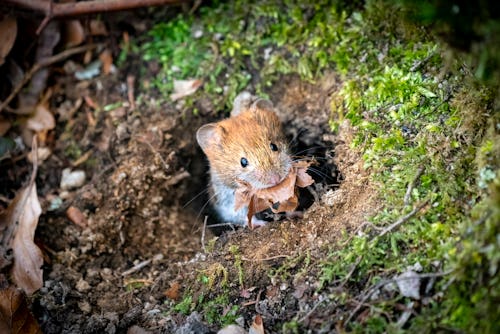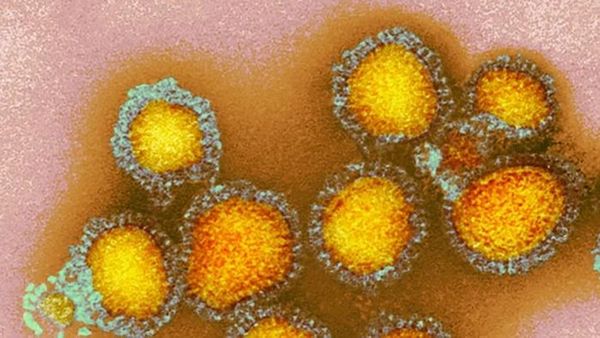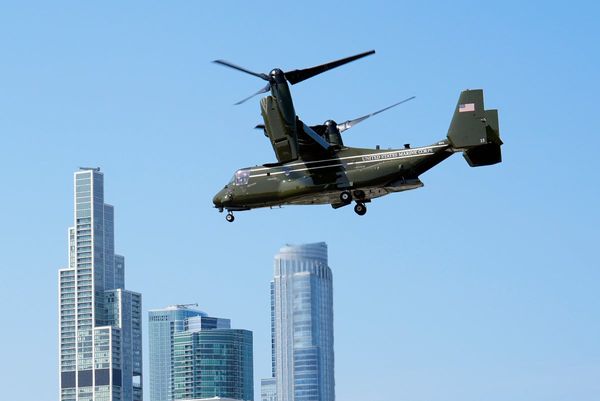
As the planet continues to warm, plants and animals that once thrived are watching the weather conditions they once counted on disappear and the land they once occupied get destroyed. Surviving the ongoing ecological disaster that is climate change is going to require taking some efforts of Biblical proportions. Luckily, there are researchers and scientists in California who are willing to go Old Testament to help different species avoid extinction. According to a report from the Los Angeles Times, a group of experts and nonprofit organizations are going to extreme measures to save endangered species, including performing emergency relocations in the style of Noah's Ark.
Okay, so it's not literally a giant wooden ship designed to house two of every animal to survive a world-destroying flood. Instead, these efforts are more surgical. With wildfires raging and droughts drying out the landscape in California and across the West Coast, scientists are racing into affected areas to try to preserve species at risk of getting wiped out. In Death Valley, for example, which recorded the planet's hottest temperature ever earlier this year, researchers have attempted to save some of the rare creatures that occupy the unique region. They have built a massive, 100,000 gallon aquarium designed to replicate the ideal conditions for pupfish, which have lived near Death Valley since the Ice Age.
That's not the only attempt to keep these rare species going. Researchers at the University of California at Davis have launched a captive breeding program for the adorable but endangered amargosa vole. There are only a few hundred of them still remaining, and the wetland area they call home near Death Valley is shrinking rapidly. Potentially their only hope at survival is to be repopulated in a controlled environment and released back into the wild.
Meanwhile, over at the California Botanic Garden, there is an ongoing effort to collect and save samples of the rarest plant seeds that the state has to offer. According to the LA Times, researchers have set up seed freezers that will keep them safe, equipped with back up generators in case the power goes out — a real concern in a state known for rolling blackouts. The experts at the California Botanic Garden have gathered seeds from nearly 20% of the state's rare plants, but they're fearful that the effort won't be able to preserve an archive of everything California once had to offer. "The heartbreaking reality is that some plants won't be able to survive another year as dry as this one," botanist Naomi Fraga told the Times. "We went out this spring and couldn't find a single flower with viable seeds anywhere in the Mojave Desert.”
These extraordinary attempts to protect not only the planet's ecosystems but also its history should be celebrated, but we should also recognize why they are happening. We have pushed the planet to the brink of disaster. More than 1 million species of plants and animals are believed to be in danger of extinction because of climate change, mammals are going extinct at an alarmingly fast rate, and some have warned that we are staring down the planet's sixth mass extinction event. We should save as many species as we possibly can, as long as we know that we're saving them from ourselves.







